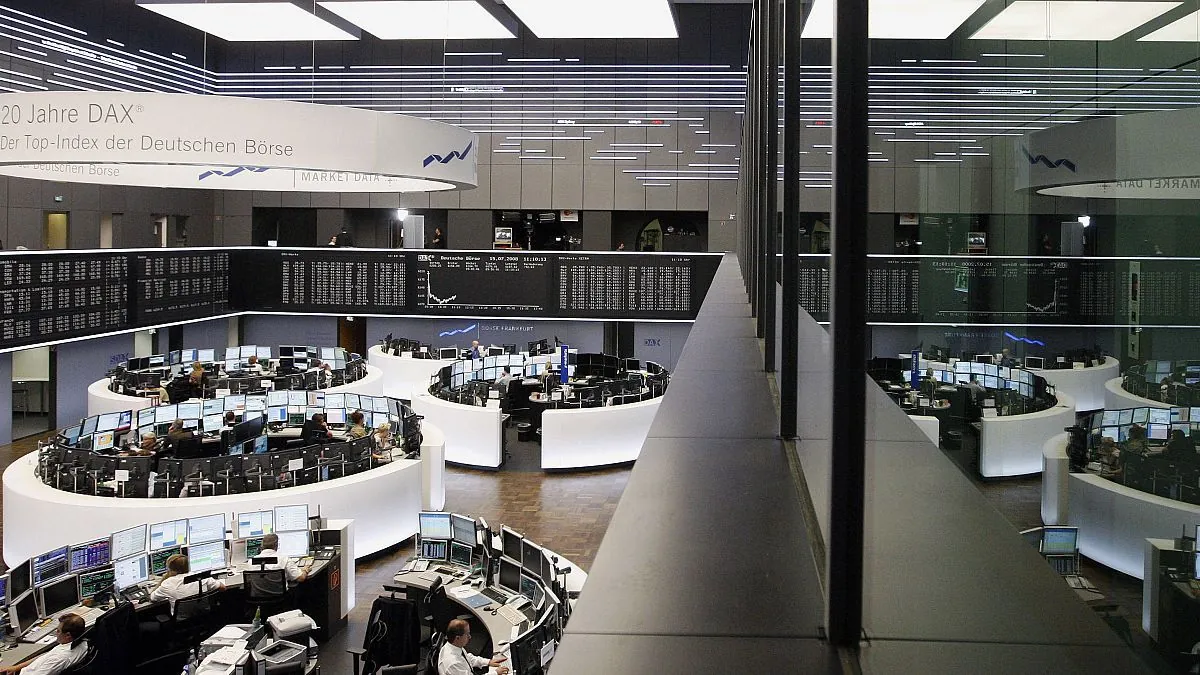In the early hours of October 3, 2024, major Gulf stock markets experienced a downturn, continuing the negative trend from the previous day. This decline comes in the wake of heightened tensions between Iran and Israel, raising concerns about a potential wider regional conflict.
The escalation began when Iran launched over 180 ballistic missiles at Israel on October 2, 2024. In response, Israel conducted a bombing operation in central Beirut early on October 3, resulting in at least six fatalities. This marks the deadliest day for Israeli forces on the Lebanese front in a year-long series of clashes with Hezbollah, an Iran-backed armed group.
The conflict's impact has extended beyond Israel and the occupied Palestinian territories, reaching into Lebanon and Syria. This expansion has raised alarms about the potential for a more widespread regional conflict.
"Our actions in Beirut were a necessary response to the ongoing threats posed by Hezbollah. We remain committed to protecting our citizens and maintaining regional stability."
In the financial markets, the repercussions were evident. The Saudi Arabian benchmark index, TASI, saw a 0.2% decrease. Notable declines included Al Rajhi Bank, one of the world's largest Islamic banks, dropping 0.4%, and Saudi National Bank, the country's largest lender, falling 0.3%.
Despite the market downturn, Saudi Arabia's non-oil sector showed signs of strength. A recent survey indicated that growth in this sector accelerated to a four-month high in September 2024, driven by strong demand and faster growth in new orders.
Other Gulf markets also felt the impact. Dubai's main share index dropped 0.5%, with blue-chip developer Emaar Properties falling 1.3% and Emirates NBD losing 0.5%. The Abu Dhabi index declined by 0.3%, while the Qatari benchmark eased 0.1%, with Masraf Al Rayan, an Islamic lender, down 1%.
Oil prices, a crucial factor for Gulf financial markets, rose as concerns about potential supply disruptions in the key exporting region overshadowed a generally stronger global supply outlook. The Middle East accounts for approximately 31% of global oil production, highlighting the region's significance in the energy market.
The current situation underscores the complex interplay between geopolitical events and financial markets in the Middle East. As tensions continue to simmer, investors and analysts are closely monitoring developments, aware of the potential for further market volatility in this strategically important region.
